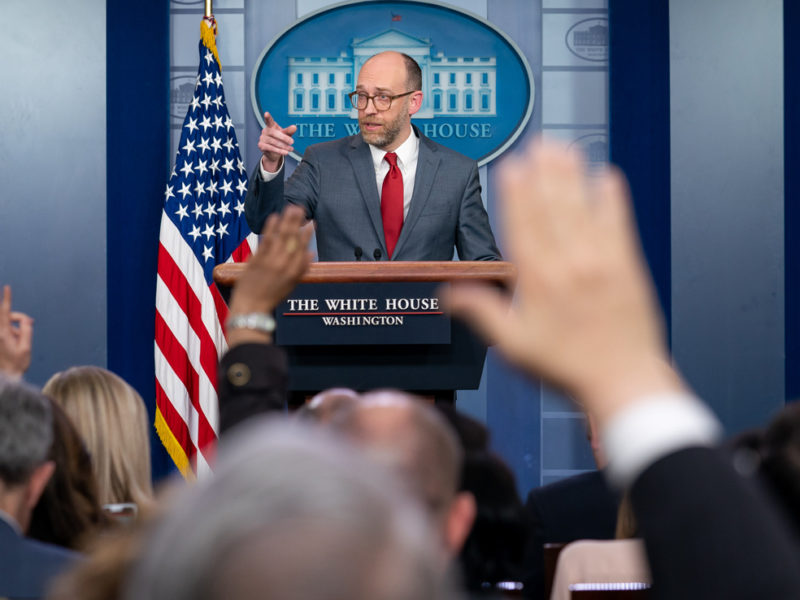Driving Disruptive Innovation in Higher Education: Stay Student Centric
 |
| Photo Credit: International Society for Technology in Education |
Chicago Ideas Week has, no doubt, surfaced some fantastic dialogue and conversation; the organizers are to be commended for the event which rightfully illuminates Chicago as the innovative playground that it is, taking on heady topics that are all-too-often left from the national media dialogue in favor of other more silly or trite topics such as Big Bird.
Tuesday evening’s megatalk around “Disruptive Innovation” was a shining example. The panel spoke fantastically in-depth about disruptive innovation, what characterizes innovation, and the sectors of commerce that are ripe for such innovation. The panel appeared to keep coming back to Education and Health Care as two, prime sectors in need of massive overhaul.
Such grandiose statements that wholesale sectors are in need of wholesale innovation are a bit dramatic, however, in my assessment. The notion that Benjamin Franklin would come back today and only recognize one service – education – as having not transformed itself in light of the impact of technology is just wrong. Is the Education sector behind? Perhaps. Is it standing still? Hardly. While parts of the sector are behind, it is ripe with new business models and ancillary products and services that are absolutely “challenging the status quo.” In the higher ed/continuing ed space, look no further than MIT’s Open Courseware, Khan Academy, Udacity or Coursera. Look no further than the blended learning programs at the University of Phoenix. Look at CHEGG or Coursesmart in the previously antiquated textbook space. Look at Moodle or Blackboard in the virtual learning environment space. There are many examples of products and services that HAVE emerged as inputs to help re-invent the larger education sector – equally addressing student wants/needs, while remaining relevant to the educational requirements of an evolving marketplace, and the desire to drive institutional scale to ultimately give relief to rising student costs.
No doubt, it absolutely can be argued that as a sector, education is behind and ought to do more, and move faster. We will continue to focus our efforts on services that seek to flip the model of student engagement so that students take advantage of the best opportunities for learning that traditional classroom and online technologies can holistically provide. Or, focus on adaptive learning platforms that allow students to each learn in their own, unique way and on their own terms. But, from experience, innovation rarely comes about as a result of massive, wholesale change to an entire sector. It happens in a messy, incremental and iterative fashion. It happens in pilot programs, beta tests and skunk work teams, many of which fail, that allow us to learn while keeping the needs of the customer in the very center of the dialogue to ensure relevance. Education has, is and will continue to re-invent itself and, in so doing, allow student potential to flourish and economies to succeed.
| Dave Schneider |
Dave Schneider leads the marketing practice of Apollo Global as Vice President/Global Marketing, an entrepreneurial joint venture between the world-leading higher education management company Apollo Group, and private equity firm The Carlyle Group. He can be reached @dave_schneider on Twitter, at dave.schneider@zoho.com, or via LinkedIn. Views expressed are his own and not that of his employer.




